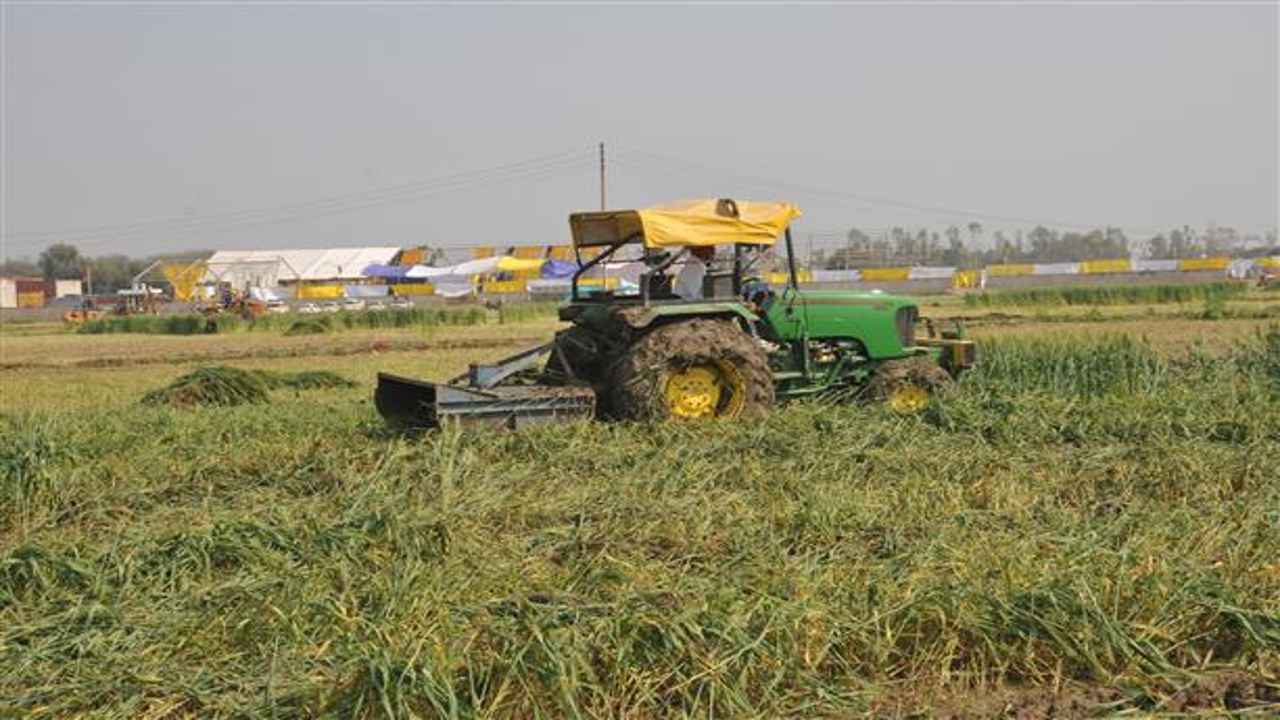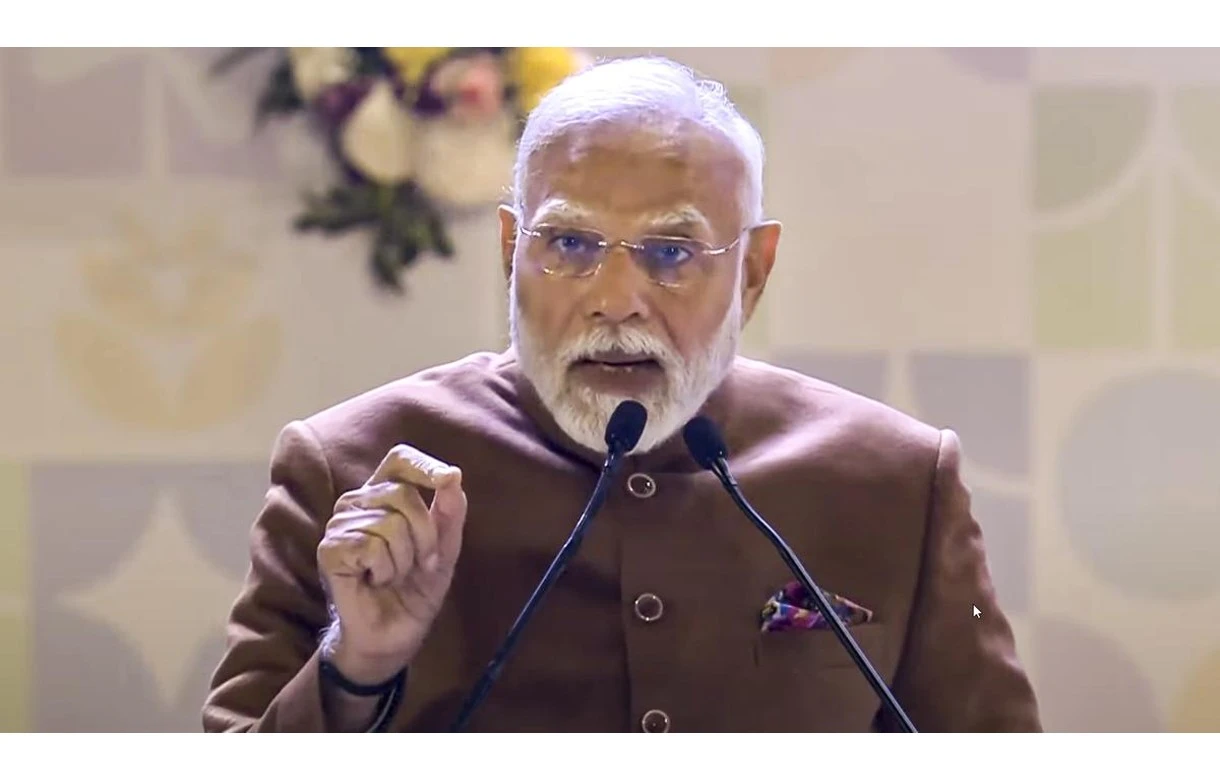India News
IAS officers transfer to Ladakh, Arunachal: Why are transfers to remote states seen as punishment?
IAS Sanjeev Khirwar and his dog became famous as a story was out in which it was revealed that Khirwar allegedly used to clear a stadium to walk his dog. Now, he has been transferred to Ladakh and his wife Rinku Dagga, who is also a bureaucrat has been transferred to Arunachal Pradesh.

India News
Centre reassures farmers as India-US trade deal nears completion
The Centre has assured farmers that the upcoming India-US trade deal will not harm agriculture or dairy, while creating new export opportunities for India.
India News
Punjab AAP leader Lucky Oberoi shot dead in daylight attack in Jalandhar
AAP leader Lucky Oberoi was killed in a daylight shooting in Punjab’s Jalandhar after attackers fired multiple bullets at him while he was inside his car.
India News
Pariksha Pe Charcha 2026: PM Modi to interact with students at 10 am today
PM Modi will address students across India at 10 am today as part of Pariksha Pe Charcha 2026, focusing on stress-free examinations and learning.
-

 India News20 hours ago
India News20 hours agoPM Modi accuses Congress of anti-Sikh bias over Rahul Gandhi’s ‘traitor’ remark
-

 India News6 hours ago
India News6 hours agoPunjab AAP leader Lucky Oberoi shot dead in daylight attack in Jalandhar
-

 India News6 hours ago
India News6 hours agoPariksha Pe Charcha 2026: PM Modi to interact with students at 10 am today
-

 Latest world news5 hours ago
Latest world news5 hours agoBangladesh rushes to finalise US trade deal after India secures lower tariffs
-

 India News4 mins ago
India News4 mins agoCentre reassures farmers as India-US trade deal nears completion




